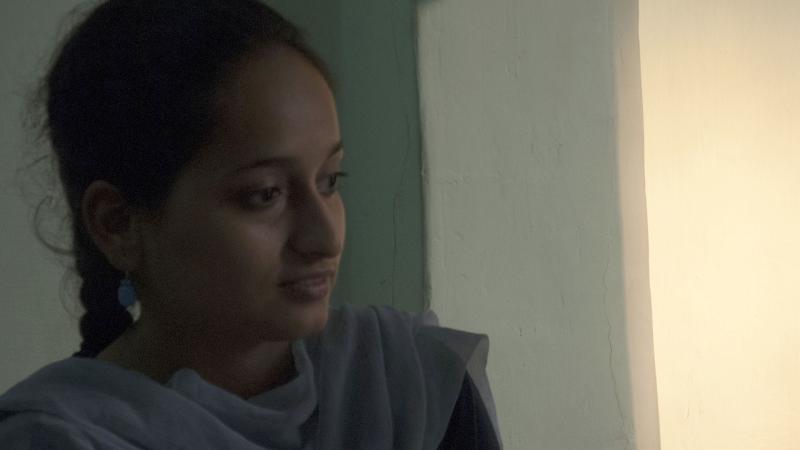Lost And Found In Mumbai's Muslim Quarter

The 20-year-old university student appeared like an alternative kind of guardian angel, with a billowy blue headscarf and harem pants. Within a matter of minutes, she had delivered me to the front door of Bharatiya Muslim Mahila Andolan (the Indian Muslim Women's Movement), which acts as a sharia court for Muslim women in Mumbai.
If this small kindness was all Shaikh ever did for me, I would have been eternally grateful. But over the next few hours, she stayed with me at the court, translating the stories and jokes of the mostly Urdu-speaking women into English.
"My mother says I talk too much and should be quiet, but I just love to chat with people," she told me.
This, I learned, was an ideal quality in a translator. Shaikh would listen to her "aunties" opine on the merits of marriage for several minutes, her head constantly swaying – which in India doesn't always indicate agreement – and then tell me, seemingly word for word, what had been said. Of course, I could never be sure that was the case, but at the very least, her English translations lasted about as long as the original conversations did.
As the afternoon wore on, Shaikh sent for masala chai, which a teenage boy delivered to the office on a small silver tray. Some of the women at the sharia court left, and Shaikh and I slowly began to converse more with each other than anyone else.
“One day, we’re going to be in charge of this movement,” she said. “So it’s important that we know what our rights are, and we will only marry men who treat us equally."
She told me she wanted to marry for love, but first she needed to finish her degree and start her career. It felt like any conversation I would have with my friends at home, except in the background I could hear the sounds of a pick-up cricket game.
When she left the office, I offered her the single Urdu word I had learned in exchange for all her English ones: shukriya. It means thank you.
Reach Heather McIlvaine here and follow her on Twitter @hmcilvaine.



